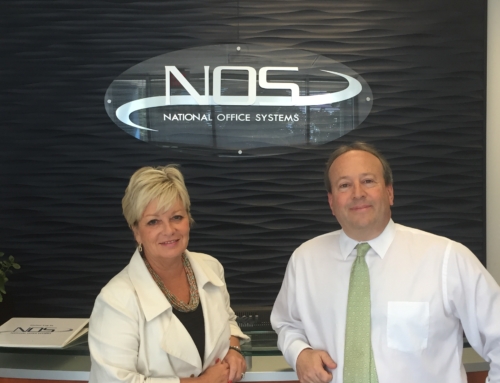At each IES Women in Sales monthly program, notes from the facilitated discussions are recorded and posted on the IES web site. The topic of the May 3 IES Women in Sales meeting was Differentiation. The Question posed was “Do you know your value proposition and are you effectively using it in selling?
Keywords or Phrases:
- Alignment
- Authenticity
- Benefits
- Collaboration
- Cultural Awareness
- Feedback
- Genuineness
- Gig Economy
- Needs Discovery
- Qualification
- Trusted Partnership
- Value-add
Something to think about …
The term ‘gig economy’ was introduced this session by one of the groups. It refers to a faster, more responsive and more flexible workforce. It’s about hiring on-demand personnel for shorter, finite or focused work and projects so that expertise, availability, interest and cost effectiveness can all be leveraged to get a company’s work done. It’s driven by technology and workers’ desire to be more mobile with flexible, custom employment and lifestyle options. The advantage to companies is realized in a reduced need for office space, training and employee benefits.
It’s coming and in some sectors it’s already here. Entrepreneurial companies are already embracing this new type of workforce. Are you ready for it? Willing to jump on board?
Selling is About …
- Guiding the prospect or client to understand and see beyond their initial perceived value of what you offer so that they will instead realize that you what you have is the answer to what they are experiencing and need to tackle. Position your value in terms of where they want to take their business, and also in terms of profit and loss.
- Qualifying the prospect or opportunity through a strong value statement since it will help to sort out those people who just aren’t interested, have no need or no ability to buy.
- Creating a sense of urgency within the client’s mind and connecting them to that emotionally so they seek help now rather than later.
- Owning your own authentic voice yet creating and presenting it using the language of your customer and also, if applicable, your company.
- Discovering the needs of your prospect or client, and aligning your value statement with what the client must resolve.
- Presenting benefits that shift negatives, e.g. pain points, the client faces to positive outcomes. If possible, include value-added services that are not as apparent in what they first see or hear about what you offer.
- Understanding the culture of both the company that you represent and the company or person that you are selling to. Awareness of what is important or critical to each should be clear in how you position the value you bring to the sale, both in terms of yourself and your product or service.
- Establishing a trusted partnership with the prospect or client and doing so through consistent and relevant engagement, both online and in person (if possible).
- Telling your story with your entire self, i.e. mind and body. Genuine regard for and interest in the prospect or client is shown through your words, your body movements, and your voice.
- Having a process for obtaining feedback. It is good to create a value statement and then ask someone else to listen to it and verify if you are authentically and clearly stating what you do and why, how you do it and for whom. It is best to do this type of verification with someone not in your industry or company. Also, ask your clients for feedback!
Questions to Consider Further
- How do you authentically present your own value statement when you work for a larger company and need to represent its values and culture?
- How do you present the entire company’s value when you work within a specific division?
- How is an elevator pitch different from a value statement?
- How do I lesson my anxiety about presenting myself at networking events?
- If I’ve been asked to ‘do sales’ for the company but am not sure I want to be in that role, what should I do?
Topics for Further Discussion
- Social Media – Which and How
- Differentiators – How to Discover What Yours Are
- Networking
- Prospecting
- Negotiation and Closing
Insights to Remember and “Own”
- Value is initially perceived but ultimately earned.
- Find your authentic voice.
- Partnerships are always at the core of a sale and a good, long-lasting client relationship.
- A strong, relevant value statement will allow the salesperson to confidently position who they are and what they are offering, regardless of the situation they are in.






